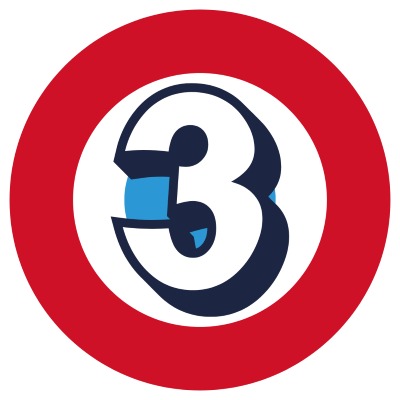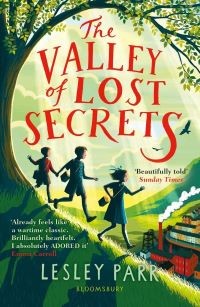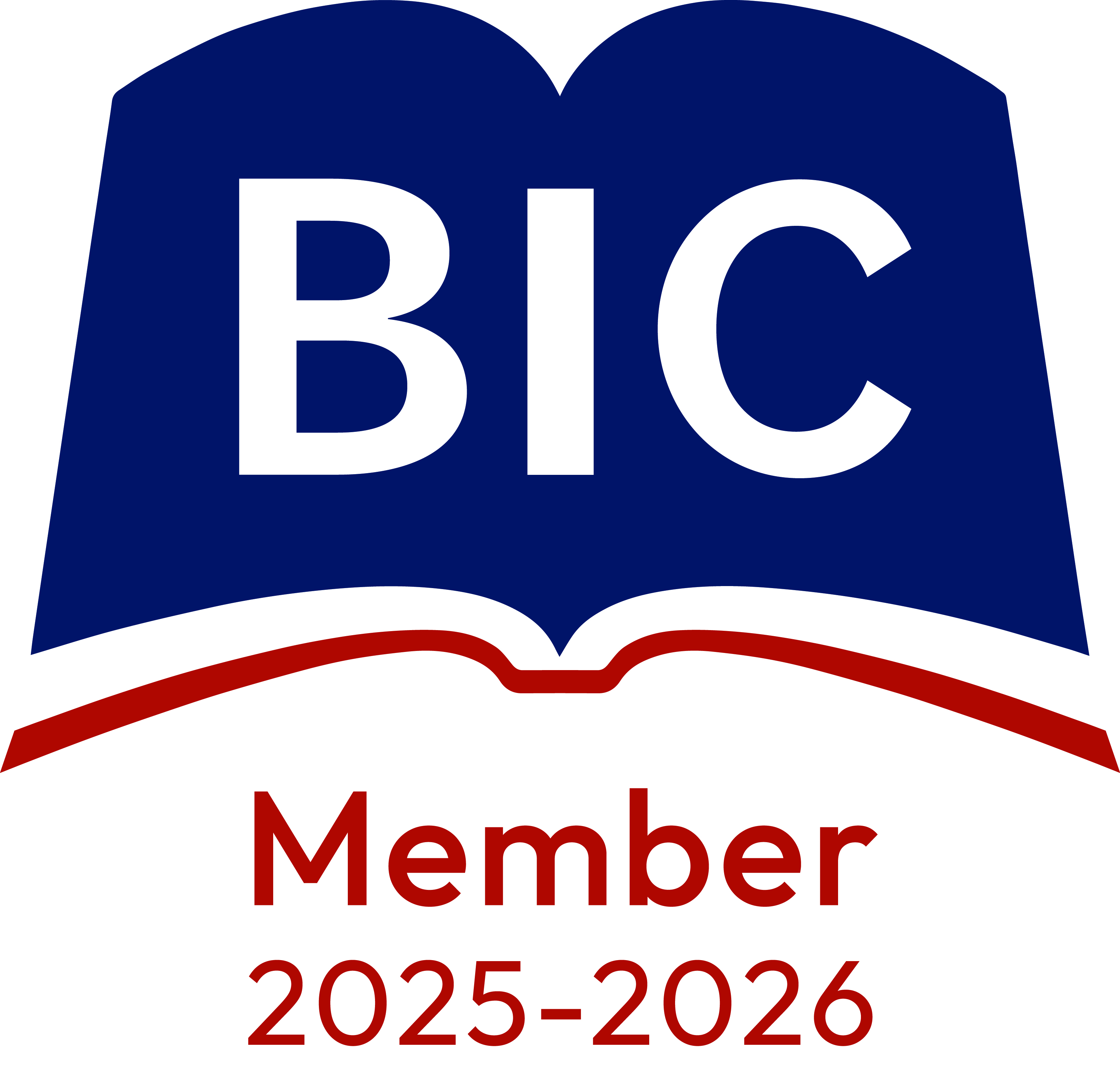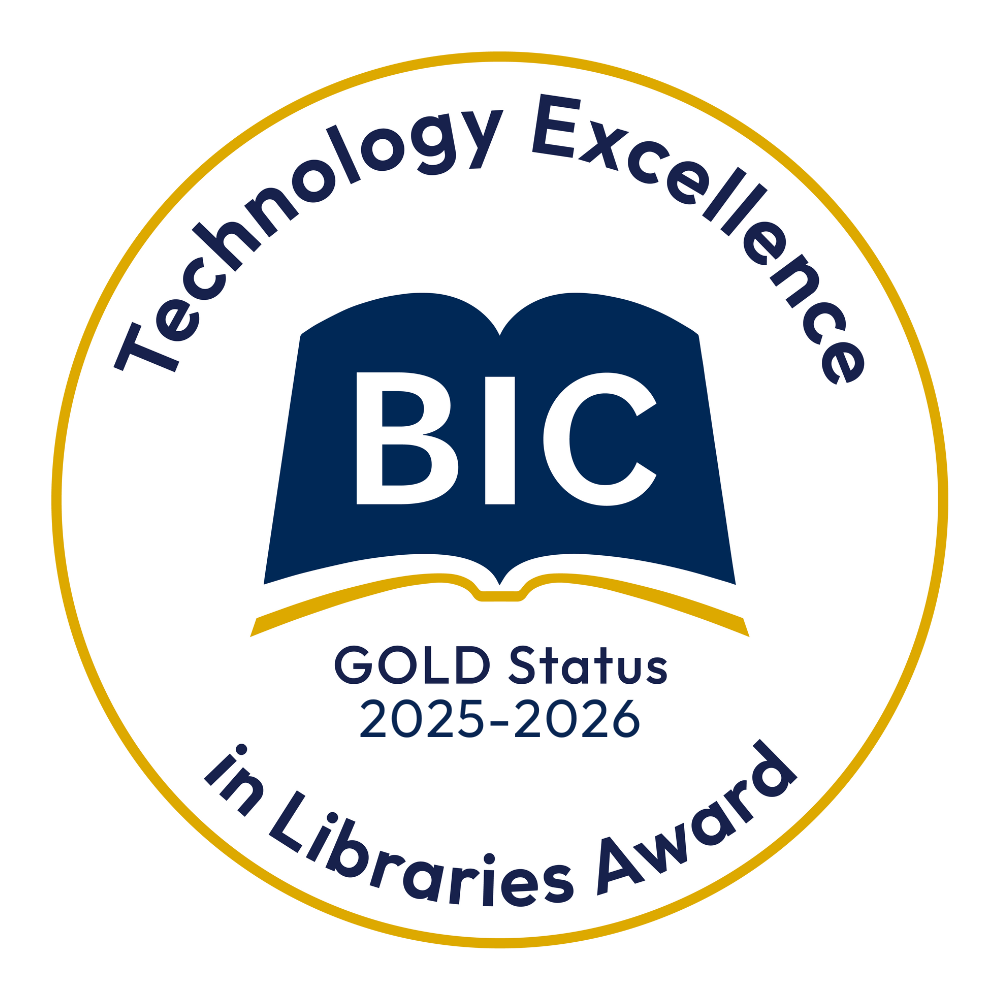For help, advice and telephone ordering call our team on 0121 666 6646
Are you sure you wish to delete this basket?()
This action cannot be undone.
Sorry, something went wrong
Please report the problem here.
Why you should organise an author visit for your school, with Lesley Parr

September 16th 2024
Whether it's part of celebrations for events like Libraries Week or World Book Day, or it's part of your school's reading for pleasure strategy over the year, author visits are a memorable way to reach all sorts of readers. In-person and virtual author visits can demystify authors and illustrators. It can even inspire children to have a go at story-telling themselves!
Author Lesley Parr worked with Key Stage 2 and knows as a teacher and an author the impact these visits can have on children and young people. She explains the benefits of hosting an author or illustrator at your school.
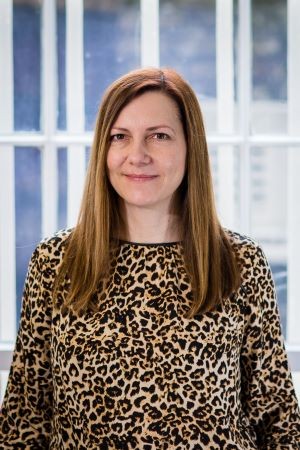 |
Lesley Parr | Author Lesley grew up in South Wales at the bottom of a valley and quite near a seaside steelworks. She shares her time between writing stories and tutoring adults. Her debut for children The Valley of Lost Secrets was shortlisted for the Branford Boase Award and the UKLA Book Awards. She was shortlisted again for the UKLA Book Awards for her second book, Where The River Takes Us. Lesley's latest book Fallout (Bloomsbury) is out now. If you are interested in booking Lesley for an in-person or virtual school visit, please head to Lesley's website to find out more. |
I really enjoy sharing my experiences of creating stories, and school visits are the perfect vehicle for this.
I taught KS2 for 20+ years and a big part of me still misses teaching. School visits are an opportunity for me to have the best of both worlds. I can write my books tucked away in the solitude of home, but still go into schools and meet amazing children and great staff members.
This situation is perfect for an author like me. But what are the benefits of an author visit for the children and young people we speak to?

Meet potential role models
Visits are a way to show children that authors can be real, ordinary people (and, in my case, working-class), and that it’s worth sticking at things. It was ten years from initially trying to become an author until my first book was published.
Another thing I like to talk about is that we aren’t all magically good at writing books. I have strengths and weaknesses, but when I work hard at the elements which I find tricky, like plot and structure, the feeling of satisfaction at ‘cracking it’ is huge.
I like to be honest with children. I’m not going to say "anyone can do it" because that’s demonstrably untrue, as it is with anything in life.
However, I will say that with support, practise and a lot of determination, I was able to make the most of the talent I have. Luck plays a part too, of course, but as golfer Gary Player famously said: “the harder you work, the luckier you get”.
As a teacher, I once organised a visit from a then debut author called Abi Elphinstone. We became friends and, nine years later, she tells me she’s still receiving messages from the children she spoke to. They haven’t forgotten the impact she had.
I sometimes get such emails myself. It’s very flattering to know that me and my words, whether written or spoken, can have a lasting effect.
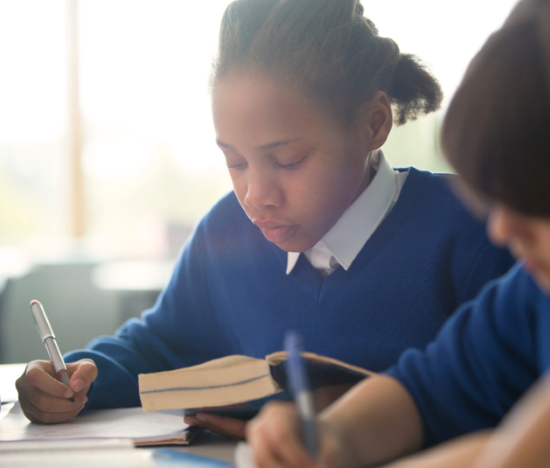
Try something different from everyday school life
Sometimes I run workshops as part of my visits and teachers tell me it’s great for the children to be totally free of targets and the primary curriculum UK, if only for an hour. I encourage the pupils to write for pleasure by not asking them to create a story by following a scaffold or formula.
I know how hard it is for teachers to fit this sort of lesson into their day when trying to support developmental reading and writing in line with the curriculum; targets and pressure can prevail. I used to have to do it myself – I mostly taught Y6, so I understand the pressure of SATs!
But, even if just for that relatively short session, the children have the opportunity to play with words and sometimes pictures. For example, in my guided reading activities and workshops I encourage use of other art forms to generate ideas. The children can relax into their imagination. I feel it's an hour that helps them to see what stories can really be – from someone who’s written the books they hold in their hands.
Discover the fun of writing
For a lot of children, even the ones who are keen readers, writing a story can be overwhelming.
I put the focus on there being no wrong way to do it. There’s no word count target or need for perfect spelling and grammar. My aim is that they engage at their own level and pace to produce the beginnings of an idea. And that they have fun doing it.
Enjoyment is essential – writing is hard! Even for me. But it’s worth it.
Dive into modern history with Lesley Parr |
|
|
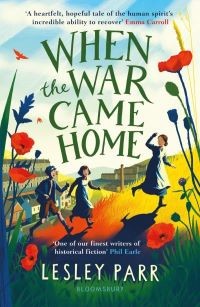 When the War Came Home When the War Came HomeMental trauma and friendship in the wake of the First World War |
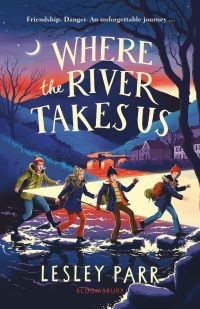 Where the River Takes Us Where the River Takes UsAction-packed read about grief and hope set during the 1970s energy crisis |
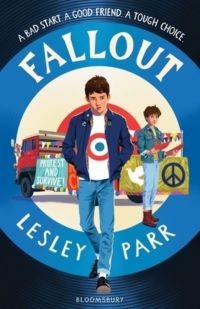 Fallout FalloutVividly realised setting of 1980s Cold War and tight knit Welsh community |
|
|
|
Read next:How to audit your book collections to support diversity and inclusion |
|
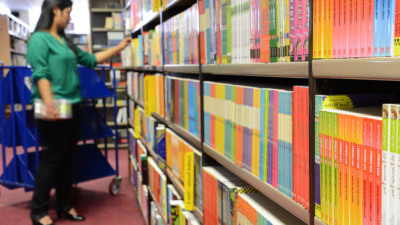 |


